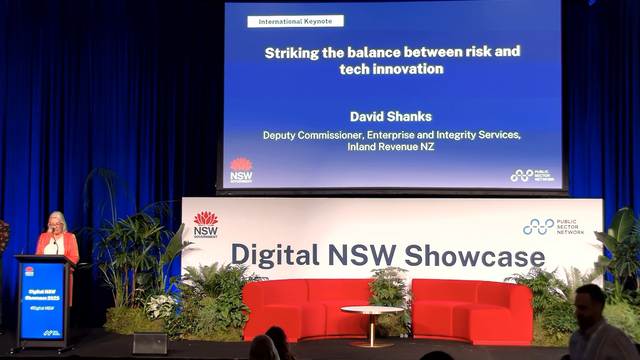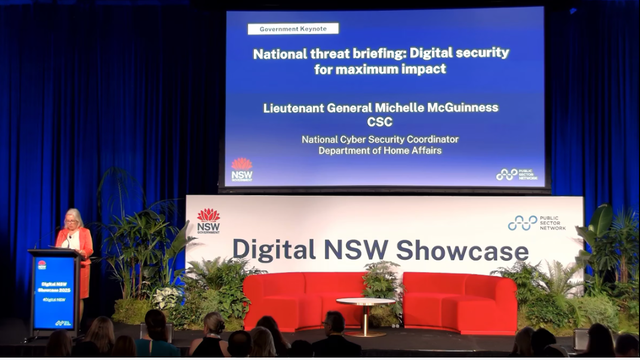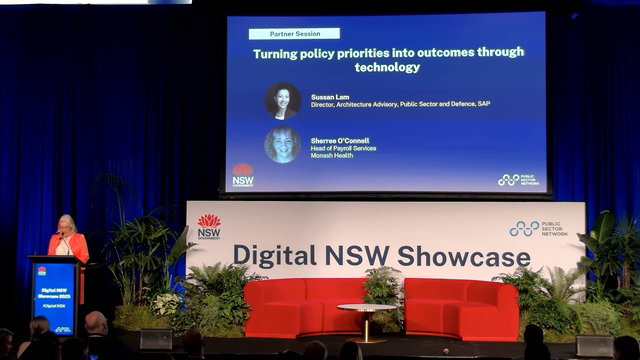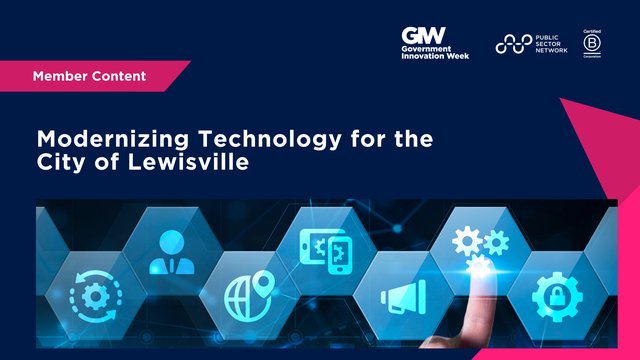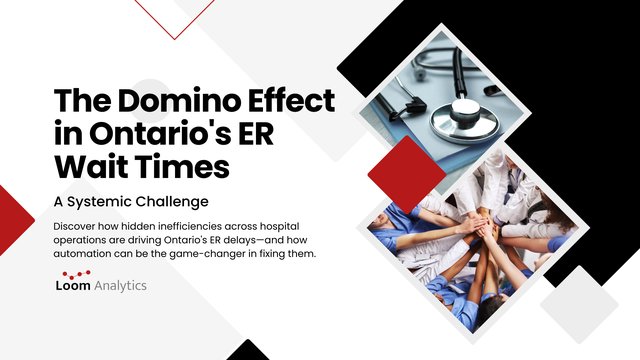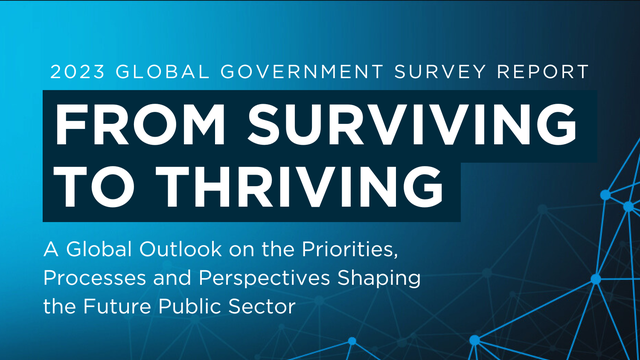
In the push for a sustainable future, Canada’s healthcare sector stands at a critical juncture. As institutions across the country assess their carbon footprints, the urgency to adopt sustainable practices has never been clearer. The panel, moderated by Harsha Dave of Deloitte, brought together Sylvia Rodas of Grand River Hospital, Sharat Chandra of Fraser Health, and Robert Hofmann of Hamilton Health Sciences to explore a comprehensive approach to achieving net-zero emissions within Canada’s healthcare landscape. Their dialogue offered valuable insights into the importance of collaborative innovation, the implementation of eco-friendly technologies, and the role of equitable access in sustainable healthcare solutions.
Understanding Healthcare’s Carbon Footprint
Dave opened the session by highlighting the scale of emissions within the healthcare sector and the importance of understanding its impact on the environment. “Evaluating our carbon footprint is just the beginning,” she noted, emphasizing the need for a detailed analysis to guide future sustainability initiatives.
Rodas stressed the importance of recognizing the healthcare sector’s environmental impact, stating, “We have a responsibility not just to provide care but to do so in a way that does not compromise the future.” With facilities consuming vast amounts of energy daily, Rodas pointed out that sustainable solutions should start with revising the infrastructure of healthcare facilities to incorporate energy-efficient technologies.
Chandra echoed this sentiment, adding that “effective sustainability initiatives must be grounded in innovative technology,” and pointed to examples within Fraser Health where strategic investments in energy-saving systems have shown measurable reductions in emissions.
“We have a responsibility not just to provide care but to do so in a way that does not compromise the future.” — Rodas
Multi-Stakeholder Collaboration: A Key to Sustainability
Hofmann underscored the importance of multi-stakeholder collaboration, observing that sustainable healthcare cannot be achieved by isolated institutions. He shared insights from his work at Hamilton Health Sciences, explaining how partnerships across governmental and private sectors are essential. “A siloed approach limits our impact. To achieve net-zero, collaboration at every level is required,” Hofmann stated.
Rodas highlighted a similar viewpoint, noting that sustainability in healthcare is not only an institutional responsibility but a communal effort that demands the participation of diverse stakeholders, from policymakers to local communities. “Achieving net-zero is a shared goal,” she said, “and each entity plays a part in that journey.”
“To achieve net-zero, collaboration at every level is required.” — Hofmann
Innovative Technologies Driving Change
As the discussion moved to technological innovation, Chandra highlighted the transformative role of advanced systems in reducing emissions. He noted that sustainable technology is about more than efficiency: it’s about building a healthcare system capable of enduring environmental changes. “It’s not just about using less energy; it’s about creating resilient systems that adapt to the needs of our communities while reducing our environmental impact,” he said.
Hofmann pointed to successful implementations of renewable energy sources within hospital infrastructure, sharing insights into the benefits of these technologies. “We’ve seen first-hand that renewable energy is not only viable but necessary in achieving long-term sustainability goals,” Hofmann remarked.
Equitable Access to Sustainable Healthcare
A critical component of the conversation was the need for equitable access to sustainable healthcare. Rodas emphasized the importance of ensuring that all communities benefit from sustainable practices, not just those in urban centers. “Sustainability should be inclusive,” she asserted, “and we must prioritize access for underserved communities.”
Chandra expanded on this idea by suggesting that new technologies should be designed to improve healthcare access across demographics. “As we develop sustainable solutions, we need to ensure that they don’t inadvertently widen existing healthcare disparities,” he said.
“Sustainability should be inclusive, and we must prioritize access for underserved communities.” — Rodas
A Roadmap to Carbon-Neutral Healthcare
The session concluded with each panelist reflecting on a roadmap toward a carbon-neutral healthcare sector in Canada. Dave summarized the discussion, noting the essential elements: measuring the sector’s carbon footprint, fostering multi-stakeholder partnerships, integrating innovative technologies, and committing to equitable solutions.
Chandra encouraged healthcare leaders to view sustainability as an ongoing journey rather than a destination. “We must be prepared to adapt and evolve our strategies as new challenges and technologies emerge,” he said. Hofmann echoed this sentiment, urging institutions to stay committed to long-term goals despite short-term obstacles.
Final Thoughts
The conversation emphasized that Canada’s healthcare sector is ready to make significant strides toward sustainability but that the journey requires dedication, innovation, and a commitment to inclusivity. Rodas concluded, “The choices we make today will shape the future of healthcare. Let’s ensure that future is one where care and sustainability go hand in hand.”




